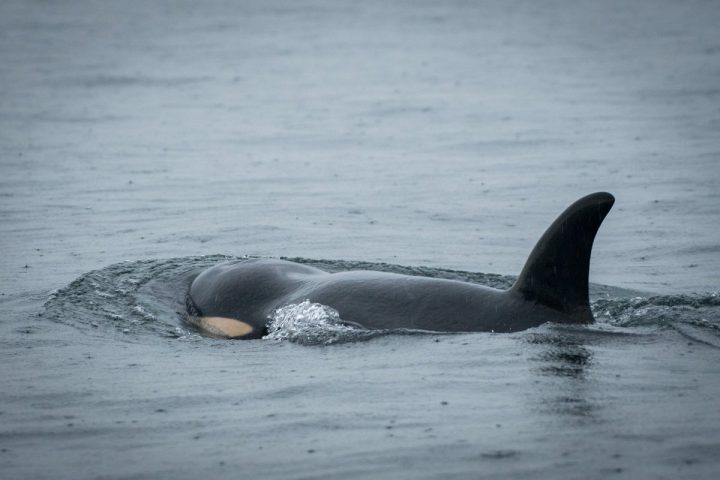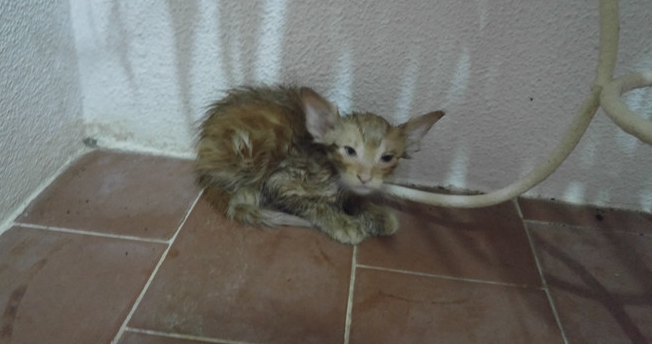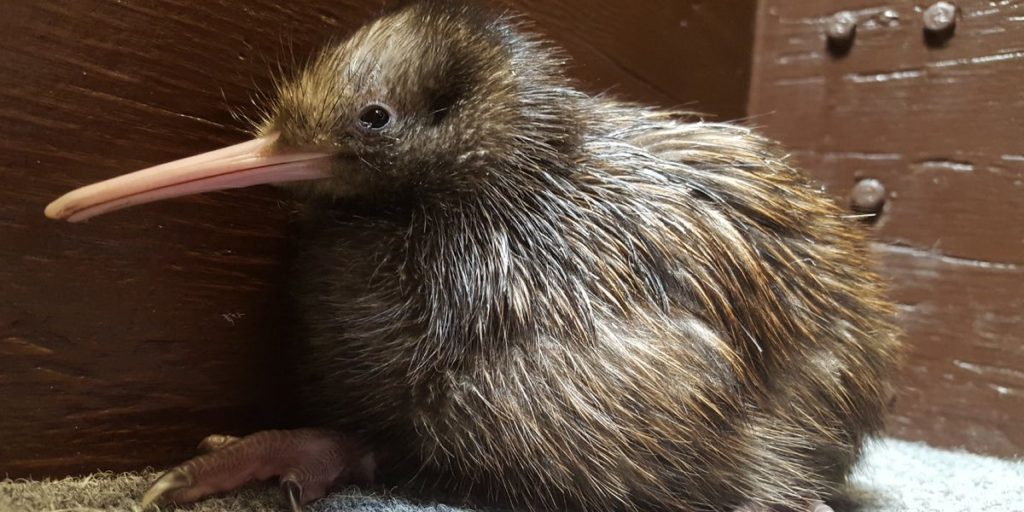For months now, an emaciated orca known as J50 has been the subject of intense scrutiny from scientists on both sides of the border between the U.S. and Canada.
J50 has been going back and forth in the waters. The most recent sighting of the young orca was in the San Jan Island in Washington last Friday.
Chris Yates, with the National Oceanic and Atmospheric Administration in the U.S., said the ultimate objective is that J50 survive in the wild and contribute to the recovery of southern resident killer whales.
Scientists say to help the orca, they may capture her from the wild and treat her before returning the animal to her pod.
One scenario would be if the young killer whale, who is extremely emaciated, is stranded on a beach or gets separated from her family. Yates said that intervention would only be taken if necessary.
We do not intend to intervene or capture J50 in a manner contrary to that objective or when there is a negative impact to her pod or the wild population…We are preparing along with our partners to rescue J50 if she is ultimately separated from her family unit or stranded and rescuing her is the only alternative before us.”
Putting the whale in captivity is not their objective, said Yates, who is the assistant regional administrator for protected resources with NOAA Fisheries.
Officials don’t intend to intervene if she is with her pod, he said.
Department of Fisheries regional director Andrew Thomson said it’s a difficult situation.
“A lot of logistical challenges to consider, ensuring everyone is prepared for what can happen. We are trying to be in the best prepared position should a rescue be required through separation or stranding.”
The latest aerial photos of the whale show a noticeable loss of fat behind the head, which creates the “peanut head” appearance.
Veterinarian Joe Gaydos, who is with the SeaDoc Society, a marine wildlife program based out of the University of California, Davis, saw her most recently and said she is in extremely poor condition.
“She was the thinnest killer whale I’ve ever seen. This is a very sick whale.”
The orca known as J50 is one of only 75 remaining southern resident killer whales and has declined over recent months to the point where she is emaciated and often lagging behind her family.





